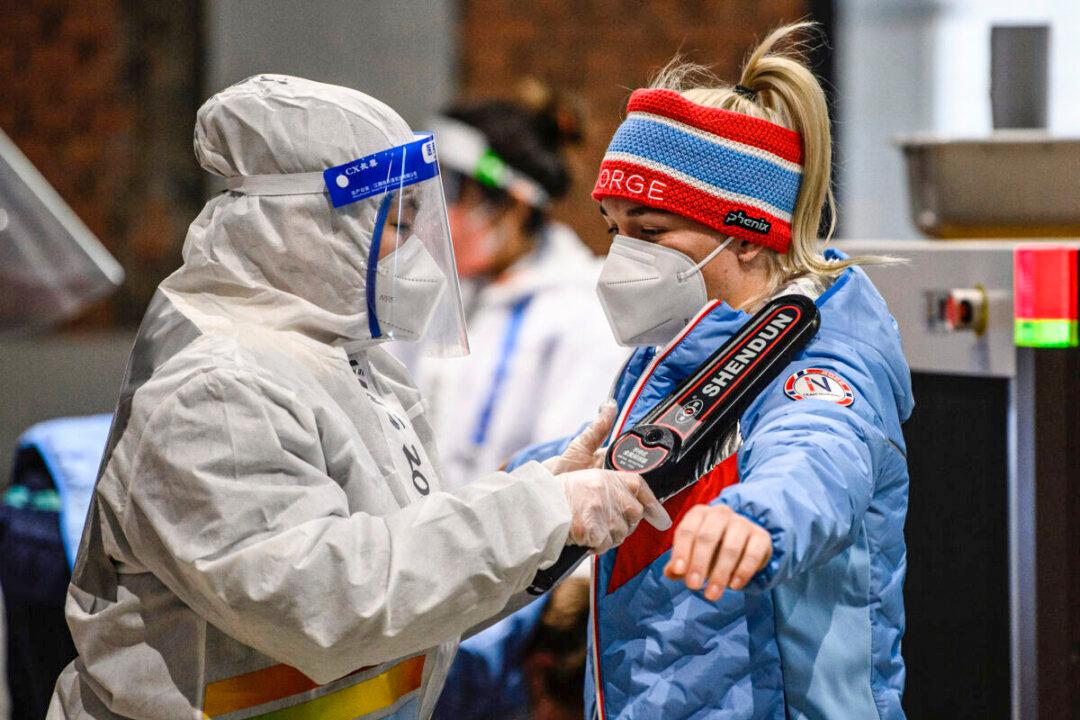Winter Olympic athletes who tested positive for COVID-19 have had enough of Beijing’s quarantine hotels.
“My stomach hurts, I’m very pale, and I have huge black circles around my eyes. I want all this to end. I cry every day. I’m very tired,” Russian biathlon competitor Valeria Vasnetsova said on Instagram from one of the hotels.





